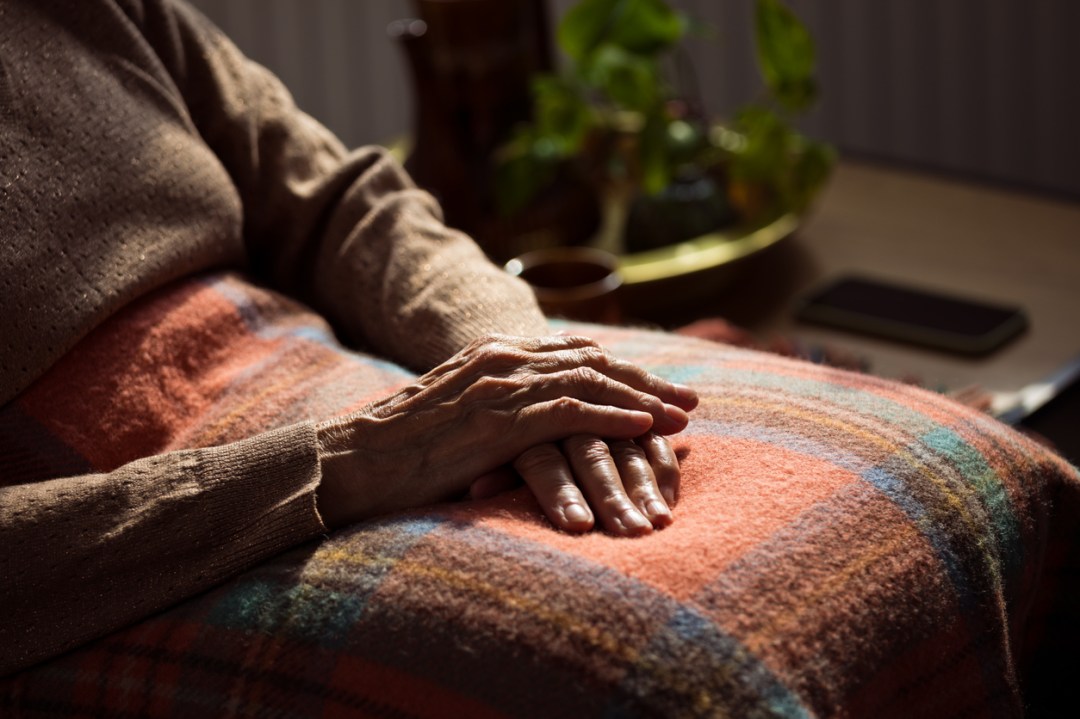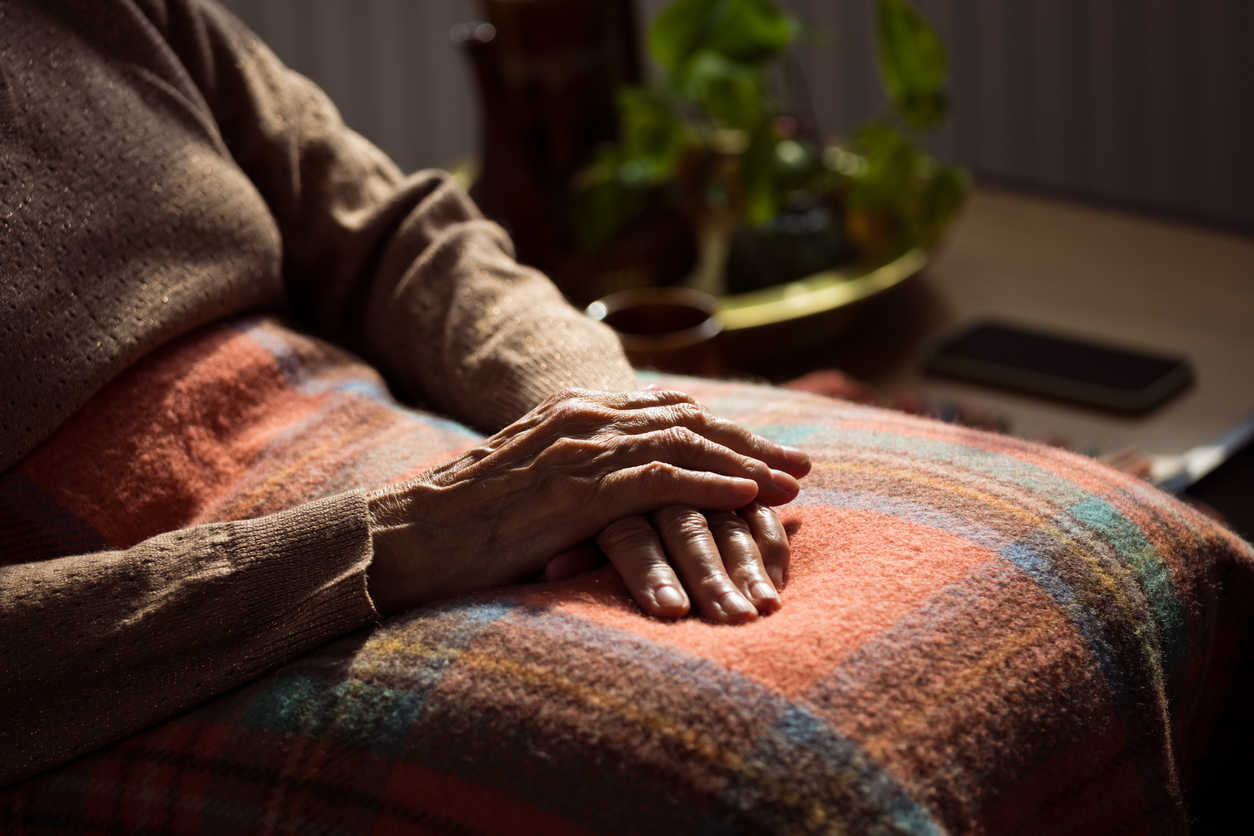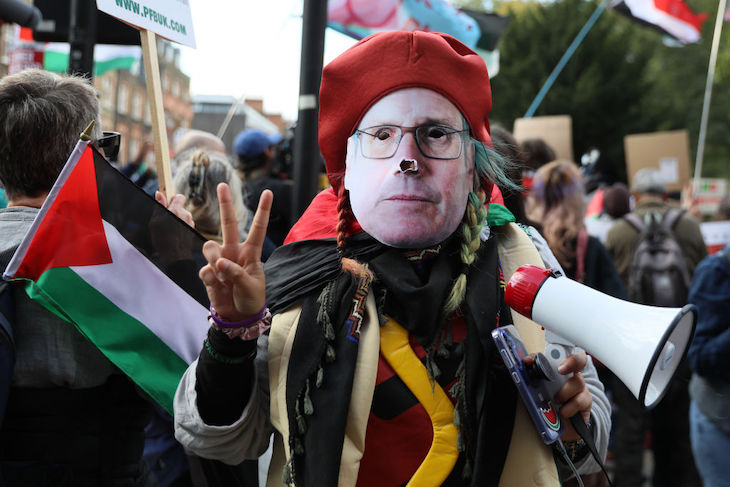I once asked a 105-year-old woman if she had any advice. What lessons had she learned throughout all those years? She paused and reached for the cup of tea I’d brought her. ‘Oh, I don’t know,’ she said and took a sip. And that was that.
I’d half expected my mind to be blown, to leave her room practically floating, to hear an illuminating sentence that would unlock life and help me understand how to live better. I’d prepared for enlightenment and received humility.
I work in a care home where the average age of its residents is 88. I’ve heard many extraordinary stories from a prisoner of war, a monk, a friend of Frank Sinatra’s. A nurse once told me: ‘The key to happiness is giving it away.’ A hairdresser advised: ‘Be willing to talk.’ A Spitfire pilot urged: ‘Have adventures.’ To learn from those who’ve gone before, for the betterment of those who come after, feels like a noble pursuit. But that day, it wasn’t a story that stayed with me, but the absence of one.
Her answer came not from forgetfulness, or from lack of interest, but from modesty. She had simply never stopped long enough to consider how or why she had lived this long – let alone how to package that into a romantic or whimsical quote. She’d just lived, and kept living.
And maybe that’s the best advice of all. Perhaps the point is that there is no secret. At least, not the kind we’re looking for. We live in a culture that craves answers. If something hurts, we look for a fix. If life is uncertain, we want certainty. We follow podcasts, buy self-help books, scroll through endless online reels of people giving life tips with soft piano music behind them. And when someone reaches 100, we instinctively turn to them as if they’re sages on a mountaintop. ‘What’s your secret?’ we ask, as though they’re guarding something we’ve yet to discover.
But frustratingly, when a local news article celebrates a centenarian who’s still skydiving, and asks them the secret to a long life, they often have no real answer beyond ‘put your partner first’ or eating weekly fish and chips.
We’ve extended life, but we haven’t necessarily made it better. In the UK, the average life expectancy now sits just over 81, but the healthy life expectancy lags behind at around 62 – meaning many people spend their final decades in declining health, physically present but often cut off from the fuller experience of living. Loneliness, too, is endemic among older adults, with health impacts said to be as severe as smoking 15 cigarettes a day.
And so the tragedy is that those most able to offer perspective often do so while living with loneliness, frailty or invisibility. These realities don’t cancel out their value; if anything they should challenge us not only to listen better, but to care better and to build a society where ageing doesn’t mean fading. Research shows that wisdom tends to grow not from intelligence or achievement, but from compassion and reflection. The very people society sidelines may, in fact, be the ones most equipped to guide us.
Research shows that wisdom tends to grow not from intelligence or achievement, but from compassion and reflection
I’m reminded of James Hilton’s Lost Horizon, where the people of the hidden valley of Shangri-la live for centuries: ‘And, most precious of all, you will have Time – that rare and lovely gift that your western countries have lost the more they have pursued it.’ Not knowledge, performance or productivity. Just time. Time that brings with it experience, and the freedom from having to define or pursue everything all at once.
Between my job, the responsibilities outside of it and the bureaucratic pressure that defines so much of modern society – I’ve found myself craving time above all other currencies. Burnout has become so widespread it’s almost expected. In 2019, the World Health Organisation formally recognised burnout as an ‘occupational phenomenon’, not just a personal failing. In the UK, stress, depression and anxiety accounted for half of all work-related ill health cases in 2022/23, according to the Health and Safety Executive.
We live in a culture that prizes busyness, glorifies hustle and treats rest like laziness. Our online lives ensure we’re receiving performance reviews constantly. The pressure to optimise every moment, whether at work or at home, has created a society where stillness is rare. We weren’t meant to live like this. Our bodies are exhausted, our minds overstimulated and our souls often undernourished. It’s no wonder that more and more of us find ourselves longing for something simpler, something slower, something real.
Not everything needs to be understood to be appreciated. Meaning often arrives when we stop chasing it. Go for a walk without headphones and suddenly the world starts speaking in subtler ways. Life doesn’t always need tidying. It’s allowed to be messy, unfair and confusing.
This woman’s life was certainly no picnic. A nurse, she gave up work to care for her family. She learned to fix a car so she could drive it on lone trips to get away. She wrote poetry. She was born during one world war and lived through the next, as well as two global pandemics. And here she sat in front of me, silently, with a cup of tea.
She didn’t need to define her life to have lived it well. She didn’t need to summarise it. She didn’t need to inspire me. She didn’t even try. As I sat with her, I realised something… I wasn’t disappointed. In fact, her answer has stayed with me far more than the other pieces of advice I’ve received over the years.








Comments